Why Do Your Cats Whiskers Keep Breaking Off?
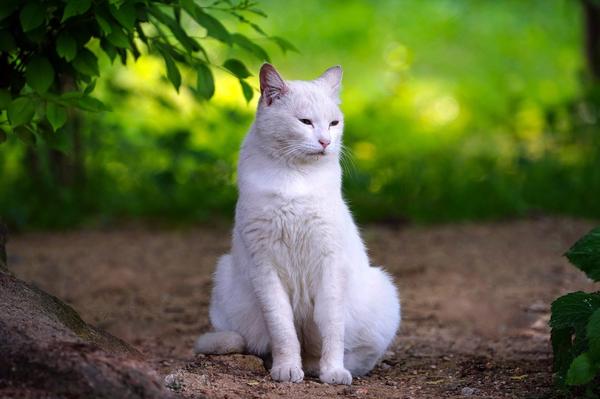
Tired of your cat's whiskers constantly playing hide and seek around the house?
Sigh, we've all been there.
It's enough to make you question whether those fluffy facial antennas are meaningful at all, right? 😔
Well, I've got some intel that's sure to turn your frustration on its head.
So buckle up, because we're about to uncover the bewildering world of...
Drum roll...
Broken cat whiskers!
Let's dive in.
Why Do Cat Whiskers Break Off?
Cat whiskers can break off due to excessive grooming, infections, accidental injuries, and improper trimming. You must monitor your cat's grooming habits, watch for signs of skin irritation or infestations, and be cautious with sharp objects near their whiskers to prevent breakage.
Whiskers, those long and delicate hairs sticking out from your cat's face, are more than just a cute accessory. They play a vital role in your cat's daily life.
But why do your cat's whiskers keep breaking off? Let's dig into it.
One reason for whisker breakage is excessive grooming.
Cats are meticulous groomers, and all that licking and scratching can gradually weaken their whiskers over time.
So, pay attention to your cat's grooming habits to avoid unnecessary whisker damage.
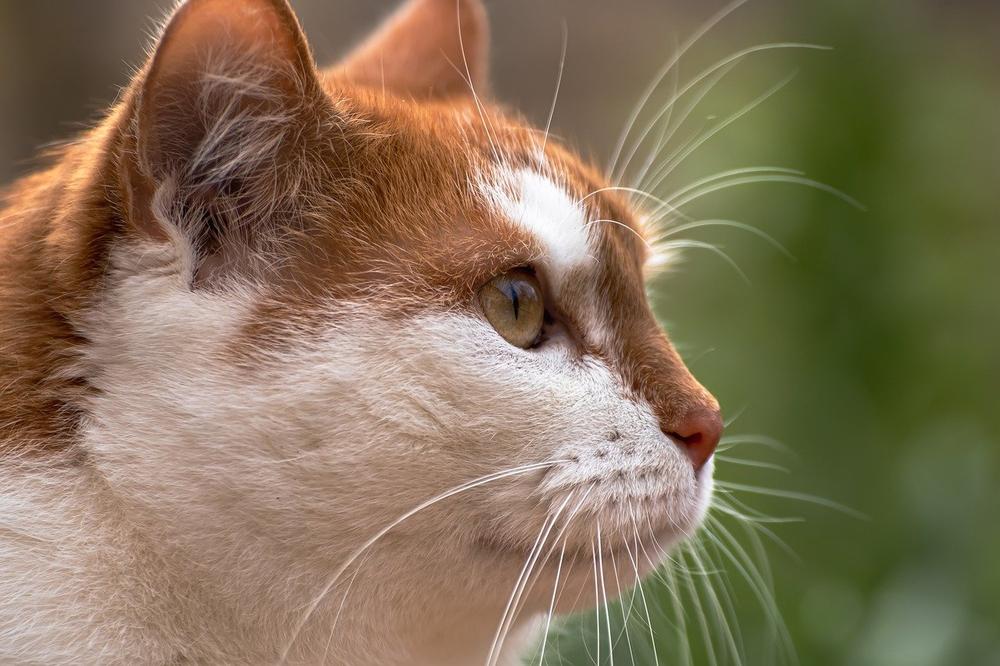
Infections caused by parasites, allergies, or fungal issues can also lead to whisker loss.
These annoying bugs or irritating substances have the potential to harm the roots of the whiskers or even cause them to fall out completely.
Keep an eye out for any signs of skin irritation or infestations to protect your cat's delicate whiskers.
Accidental injuries are not uncommon either.
Your feline friend may venture too close to a dangerous situation or encounter a mishap while exploring.
Using improper trimming techniques can also result in snapping off those precious whiskers. Be cautious with sharp objects near your furry pet's whiskers, and leave the trimming to experienced hands.
As you can see, there are multiple reasons why your cat's whiskers may go missing or get snapped. Understanding these factors is essential to ensure your furry companion enjoys a healthy whisker game.
Main points I'll expand upon further down this article:
- Excessive whisker loss may indicate a health problem or stress.
- Broken or shed whiskers are usually not a cause for concern.
- Trauma or skin infections can cause sudden whisker loss.
- Finding piles of whiskers or prominent bald spots may indicate a problem.
- Broken whiskers can disorient cats but are not painful.
- Whisker loss can be a sign of underlying health issues.
- Broken cat whiskers grow back, but it takes time.
- Cats naturally shed and replace their whiskers regularly.
- Longer whiskers are more prone to shedding, so a stress-free environment is important.
- Cutting or trimming a cat's whiskers is discouraged and can cause disorientation.
And now, let's dive deeper into what to look out for when it comes to your cat's whiskers...
Signs of Broken Whiskers in Cats
If you want to spot broken whiskers in cats, watch out for these 10 signs:
- Check if their whiskers are shorter or not uniform.
- Losing too many whiskers might suggest a health problem.
- Shedding excessive whiskers could mean they're stressed or have an infection.
- Broken whiskers alone aren't usually a big deal.
- But if they lose whiskers along with other symptoms, pay attention.
- Whisker loss might happen suddenly due to trauma or skin infections.
- Keep an eye out for clumps of whiskers or noticeable bald patches.
- Remember that broken whiskers don't cause pain.
- Whisker loss may signal underlying health issues.
- Make it a habit to regularly examine your cat's whiskers and consult a vet if you're worried.
To guarantee your cat's good health and keep its whiskers in excellent condition, simply adhere to these suggestions.
To ensure the overall well-being of your furry friend, it's crucial to pay attention to any signs of broken whiskers in cats.
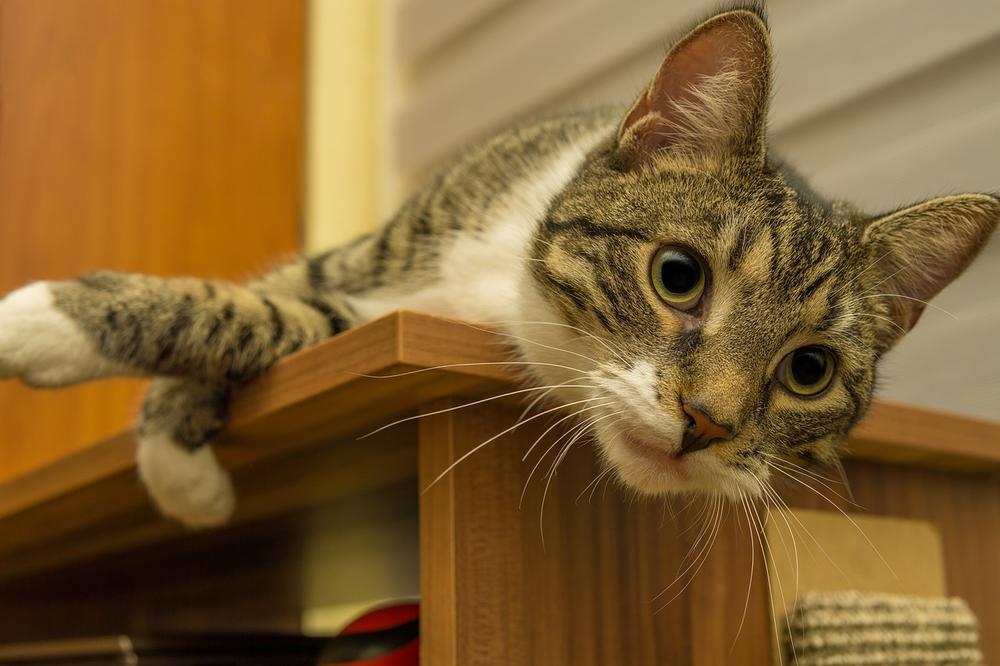
But what about other concerns like a dry nose? If you're scratching your head and seeking answers, I've got you covered.
Dive into my blog post, Why Does My Cat Have a Dry Nose, and discover possible reasons and helpful tips to address this issue.
Trust me, it's worth exploring!
Can Broken Whiskers Impact a Cat's Balance?
Broken whiskers impact a cat's distance perception. Consequently, their sense of balance takes a hit too.
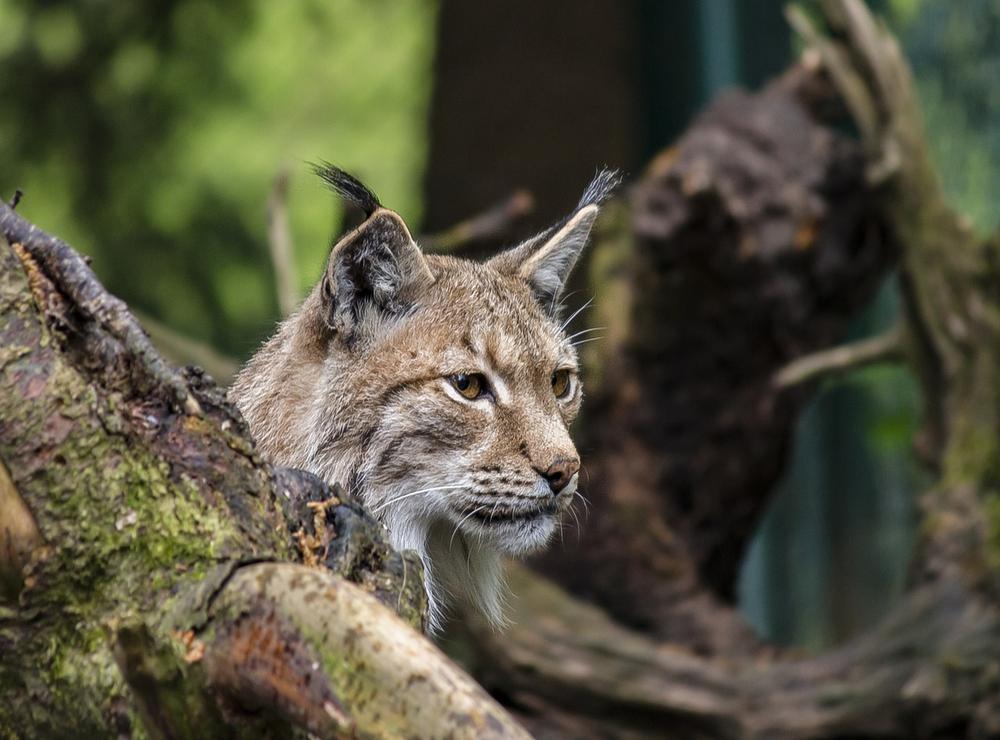
Without accurate distance judgment, navigating becomes challenging for cats.
This can lead to disorientation and make it hard for them to maneuver around their surroundings effectively.
Do Cat Whiskers Grow Back?
You know what?
Broken cat whiskers actually do grow back. 😺
It might take a few weeks, but they'll naturally regrow, so no need to stress.
Did you know that cats shed about 3 to 4 whiskers every day?
Crazy, right?
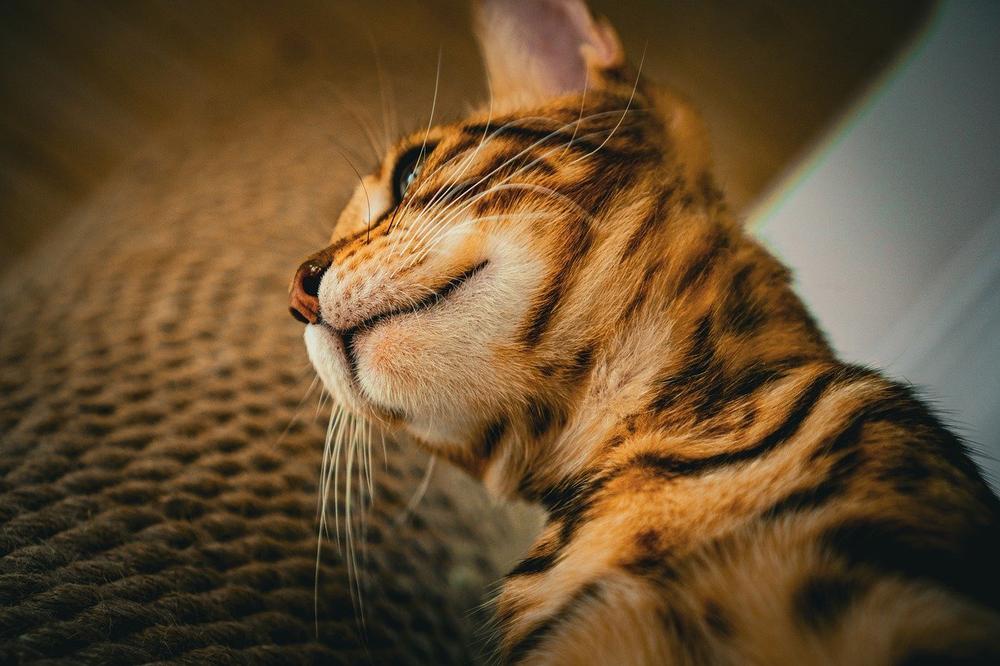
But don't worry, those broken ones will come back within two to three months.
Seriously, if your kitty breaks a whisker, there's no need to panic or rush to the vet. Just be patient and give it some time. Those whiskers will make a comeback all on their own.
And here's the best part - you don't need any external help for this.
It's just a natural process that happens in cats.
So now, go ahead and relax.
Your furry friend's whiskers will be back in full swing sooner than you think!
Well, while it's great to know that cat whiskers do indeed grow back, let me give you some more interesting details...
The Natural Process of Cat Whisker Regrowth
When it comes to cat whiskers, the regrowth process is a natural one.
After a whisker breaks off, it's completely normal for the new ones to initially look shorter or thinner than the originals.
Cats are designed to shed their whiskers and grow new ones to replace them.
In fact, on average, they lose one or two whiskers every day.
The rate at which cats shed their whiskers can vary from kitty to kitty.
However, if your feline friend loses a lot of whiskers, it's best to keep them indoors until their whiskers have fully regrown.
Now, you might be wondering why cats lose their whiskers in the first place. Well, it's typically due to natural shedding or rough play.
But don't worry, it doesn't cause any pain because whiskers are made up of keratin.
So, rest assured knowing that whisker loss is just a part of your cat's natural process.
But what can you do to ensure that your cat's whiskers stay healthy and strong?
Well, let me tell you, there are some factors that can influence the health of your cat's whiskers, including their length and shedding tendencies...
Tips for Promoting Healthy Whiskers in Cats
Provide a balanced diet for healthy whiskers
To have strong and healthy whiskers, make sure your cat eats a well-balanced diet with vitamins A, E, and B.
Whiskers need these nutrients just like you do!
Create a stress-free environment for whisker shedders
If your cat's whiskers shed more than usual, help them out by creating a stress-free space.
Long whiskers are prone to shedding, so reducing stress can minimize this problem for them. Give your kitty a cozy spot with toys and scratching posts where they can relax and feel safe.
Pay attention to whisker loss and excessive scratching
Whisker loss or excessive scratching might mean something's up with your cat's health.
It could be as simple as itching or a fungal infection, but it could also indicate more serious issues like allergies, hormonal imbalances, or being malnourished.
If your cat is losing whiskers, fur, or scratching excessively, don't hesitate to take them to the vet. They'll figure out what's going on and provide the right treatment.
You need to note that stress can cause whiskers to break and fall out. So, try to reduce stress in your cat's environment and give them plenty of opportunities for playtime and socialization.
Also, keep an eye on kittens because they may lose their whiskers during rough play and scratching itchy areas.
Make sure to supervise their behavior and provide alternatives to protect those precious whiskers!
Pay attention, because here's the crux of it: Further down the blog post, there's valuable information on the importance of whiskers for cats. Keep reading to discover why these tiny hair strands are crucial for your feline companion's well-being.
But listen, here's something you need to be cautious about when it comes to your cat's whiskers...
How to Protect Your Cat's Whiskers
When it comes to your cat's whiskers, there are a few important things you should bear in mind:
- When you pet or groom your cat, be careful with their whiskers. They're sensitive and delicate, so don't pull or bend them.
- Make sure your cat's whiskers don't touch the sides of their food bowl while they eat. This can affect their appetite and enjoyment of mealtime.
- It's not a good idea to cut or clip your cat's whiskers just for looks. Whiskers play an important role in how cats perceive their surroundings. Taking them away can cause disorientation and fear.
- Trimming whiskers can lead to accidents and injuries for your furry friend. It's better to leave their whiskers alone unless absolutely necessary.
- Remember that whiskers are vital to cats. They help them navigate, detect changes in airflow, and judge distances. Respecting and maintaining their whiskers is crucial for their well-being.
Ensuring you remember these suggestions will guarantee the safety of your cat's whiskers, allowing them to depend on these remarkable sensory tools.
The Importance of Whiskers for Cats
Cats have a secret weapon, and it comes in the form of their whiskers. You know those long, thick hairs that sprout from your cat's face?
Those are whiskers, and they serve multiple purposes.
One important thing you should know is that these whiskers are packed with sensory receptors called mechanoreceptors.
Fancy name, right?
But all you need to know is that these little guys provide vital information to help cats navigate their surroundings.
By using their whiskers like GPS systems, cats can assess distance, feel air currents, and determine opening sizes. Pretty impressive, isn't it?
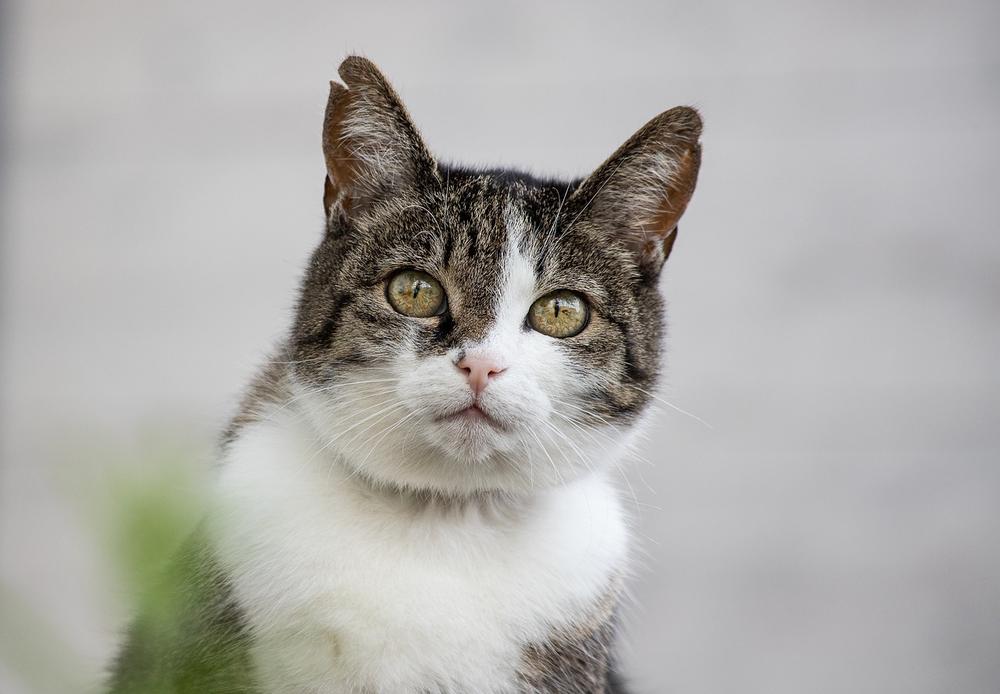
But that's not all.
Whiskers also play a crucial role in a cat's balance and communication.
The position of their whiskers can give you an idea of how they're feeling – whether they're relaxed, engaged, fearful, or aggressive.
Here's another interesting fact:
Whiskers don't have pain receptors.
So no matter how many tight spaces Fluffy squeezes through, their sensitive whiskers won't feel any discomfort.
It's amazing how these whiskers aren't just accessories for cats; they're essential tools that enhance their interactions with the world.
In fact, whiskers ensure our beloved feline friends don't accidentally get themselves into sticky situations where they shouldn't be.
And that wraps up today's article.
If you wish to read more of my useful articles, I recommend you check out some of these: Why Do Cat Noses Change Color, Why Is My Cats Nose Crusty and Black, Why Is There a Black Spot on My Cats Nose, Why Is My Cats Nose Cold, and Is Dracaena Toxic to Cats
Talk soon,
-Sarah Davis